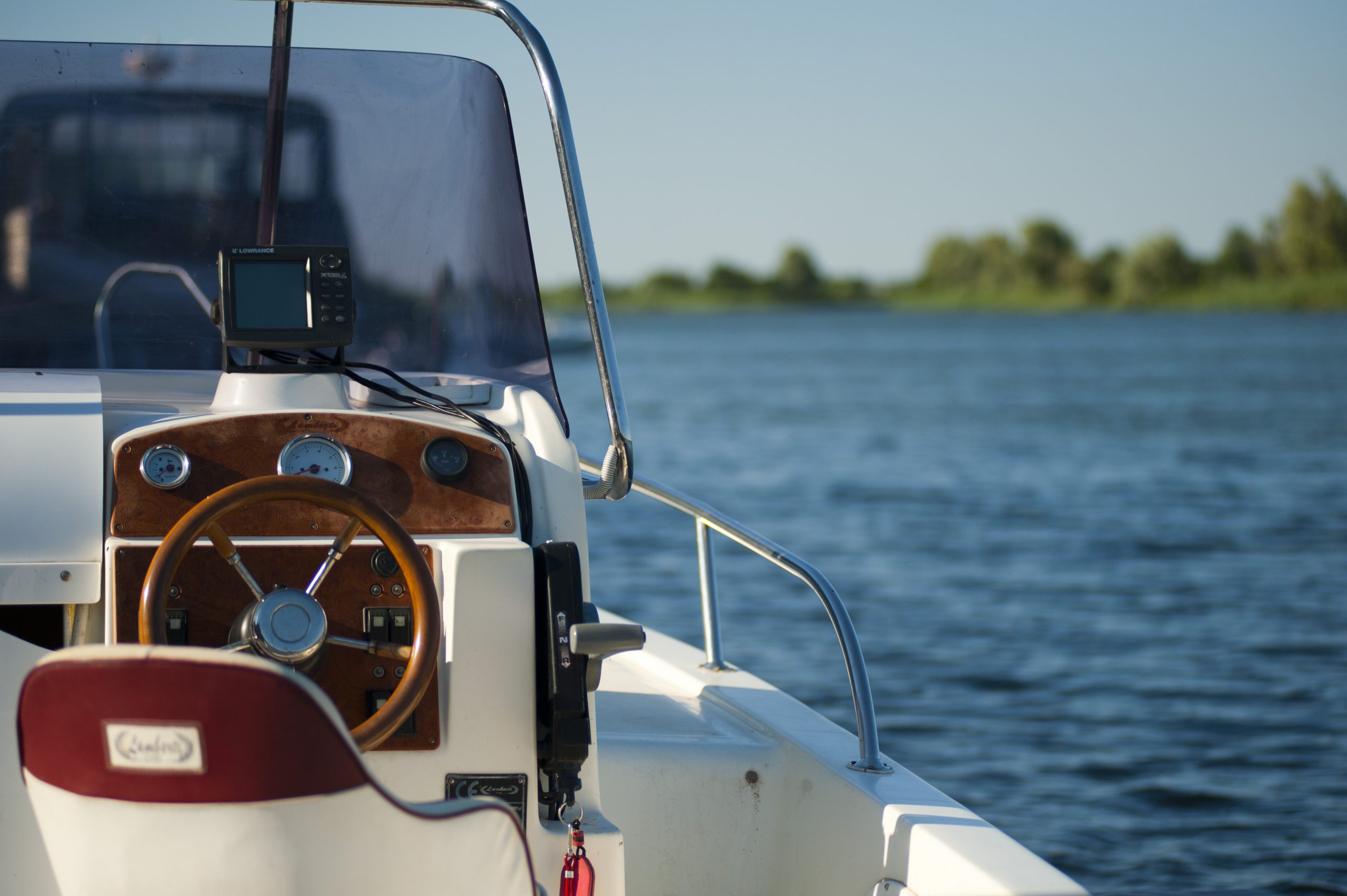For many Ontarians, Summer is the perfect time to enjoy the water in their favourite pleasure craft. With so many new boat owners getting ready to hit the water, we want to take this opportunity to remind you about the need for boat insurance and the factors that can affect your premiums.
Is it illegal to operate my boat without insurance?
If you own a private pleasure watercraft, it’s important to know that boat insurance is NOT a legal requirement, but it is tremendously unwise to operate one without it. If you were to get into some kind of accident in your boat, insurance protects you from any financial loss, as well as covering any damages or injuries that you may be deemed responsible for. Not to mention, you don’t need to be on your boat for it to be damaged. Weather-related damages, vandalism and thefts are just as possible with a boat as with a car, and proper insurance is the only way to recoup those losses.
For those who are thinking about buying a boat, it’s also important to note that if you need to take out a loan to pay for it, most banks will require proof of insurance before they become a co-signee. You will also most likely need at least liability insurance if you intend to store your boat at a marina or yacht club. Insurance doesn’t just protect your property; it protects everyone around your property.
What affects my boating insurance premiums?
There are many factors that will affect how much you have to pay for boating insurance, but here are some of the most important aspects to keep in mind:
- What kind of boat is it? The model, size, integrated technology, physical condition and safety rating of your boat are all considered when your premium is being determined. Every accessory and ‘extra’ drives up the cost of repairing or replacing your vehicle, and that cost is reflected on your policy. The simpler and safer the boat, the lower the cost.
- When will your boat be in the water? Watercraft insurance operates on a schedule, meaning you pay less while it is in storage, and more when it is in use. Make sure your broker knows what months you are most likely to be using your boat, and they will make sure your schedule is set up properly so you’re only paying for what you need.
- Where is your boat being docked/stored? One of the biggest insurance factors to consider is where your boat is being stored during the off-season, and where it is docked during boating season. If your boat is stored on your lawn under a tarp, your premiums will likely be higher than if you had it stored in an indoor facility, as there will be less of a chance of deterioration or damage. Similarly, docking your boat at a marina comes with more risks than docking it at a private cottage, so you can expect higher insurance rates for parking in a public space.
- What boating experience do the owner and operators have? Much like auto insurance, the amount of experience you have owning and operating a boat can affect your monthly premium. Those who are new to boating may notice a higher premium, whereas someone with more experience may see a slightly reduced premium. Boat insurance also takes into account your auto driving record and so drivers with previous tickets and infractions may find they have to pay more to be insured.
With so many different kinds of watercrafts out there, boating insurance can be complicated and confusing, but the brokers at Nicol Insurance are always here to help you stay educated. These general tips should give you a better understanding of how boat insurance works as a whole, but as in most cases, every situation is different. So, whether you’re an experienced boater or a new boat owner, the best way to stay protected is to speak to your broker directly. They’ll ensure that your policy is perfectly suited to your plans and give you all the information you need for a safe, fun season on the water.







